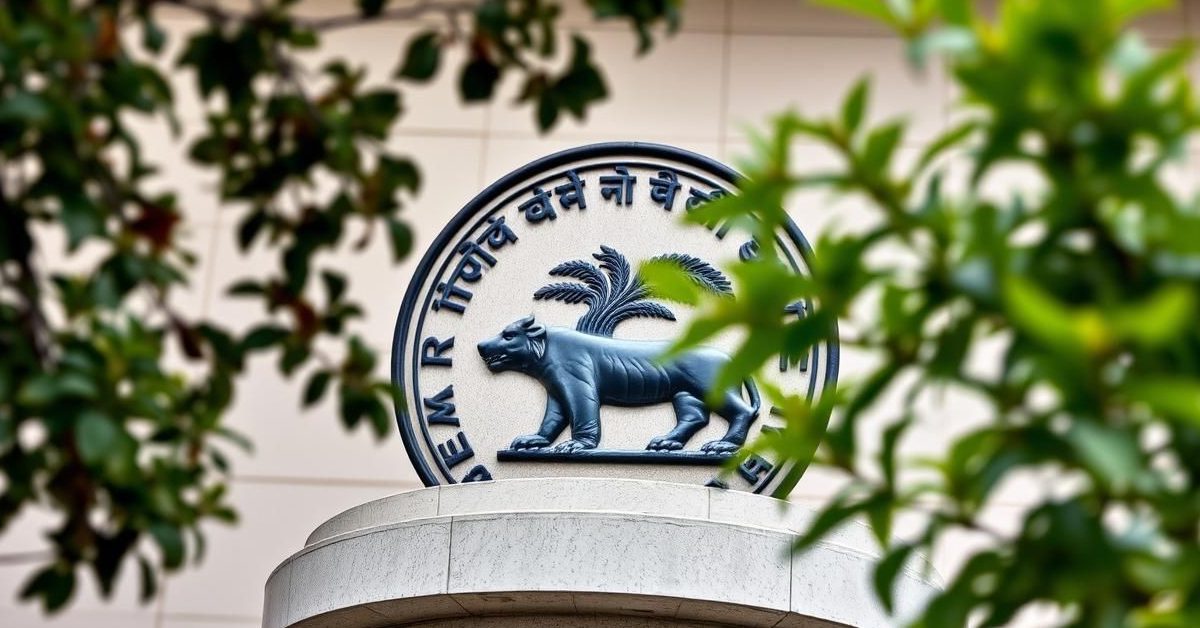Union Minister Piyush Goyal has urged India to strengthen its supply chains for fertilisers, insecticides, and pesticides, aiming for self-reliance amid global disruptions caused by China’s export curbs.
India’s Call for Supply Chain Resilience
Commerce Minister Piyush Goyal emphasized the critical need for India to build robust and self-sufficient supply chains. This strategy aims to protect the nation from sudden global interruptions, especially concerning essential agricultural inputs like fertilisers, insecticides, and pesticides.
Goyal’s remarks come at a crucial time, following China’s significant reduction in phosphate fertiliser exports. Di-ammonium phosphate (DAP) is India’s second most-consumed fertiliser, making the situation particularly pressing for the agricultural sector.
China’s Export Curbs Impact India
China’s decision to limit its fertiliser exports stems from a desire to prioritize domestic supply for its own farmers. Additionally, there’s a growing demand for phosphates in the production of electric vehicle (EV) batteries, influencing China’s export policies.
This scarcity has directly impacted India’s fertiliser market. For instance, the opening stocks of DAP for the current kharif (monsoon) planting season, as of June 1, stood at a mere 12.4 lakh tonnes (lt).
DAP Stocks Dwindle
This figure is notably lower than the 21.6 lt recorded on the same date in 2023 and a significant drop from 33.2 lt two years ago. The reduced availability is also reflected in DAP sales figures.
Overall DAP sales in India fell from 108.1 lt in 2022-23 to 92.8 lt in 2023-24. The trend continued into the first two months of the current fiscal year, with sales dipping further to 7.7 lt, down from 8.8 lt in April-May 2023-24.
Seeking Global Alternatives
In response to China’s reduced exports, Indian importers have broadened their search for DAP. They are now sourcing more from countries like Saudi Arabia, Morocco, Russia, and Jordan.
However, despite these efforts, none of these alternative sources have been able to fully compensate for the substantial gap left by China in the global fertiliser market.
Boosting Agricultural Exports and Sustainability
Beyond fertiliser supply, Minister Goyal also highlighted the importance of predictable pricing to boost India’s agricultural exports. He pointed out India’s status as a largely rain-fed agrarian economy and the unknown impacts of climate change.
Goyal advocated for drip irrigation as an effective solution, emphasizing that it should become an economically viable option for farmers, rather than relying solely on government subsidies. He envisions a significant leap in India’s agri exports.
Currently at Rs 4 lakh crore, exports could potentially soar to Rs 20 lakh crore. This growth, he suggested, can be achieved through better packaging, extended shelf life, and adding value to agricultural products, much like how simple ingredients are transformed into a high-value meal in the airline industry.
- India aims to become self-reliant in fertiliser supply chains to counter global disruptions.
- China’s reduced phosphate exports have significantly impacted India’s Di-ammonium phosphate (DAP) availability.
- Despite exploring new sources, India faces challenges in filling the supply gap left by China.
- Union Minister Piyush Goyal also highlighted the importance of predictable pricing and sustainable farming practices like drip irrigation.
- There’s a vision to boost India’s agricultural exports fivefold through value addition and improved practices.
These initiatives underscore India’s commitment to securing its agricultural future and enhancing its global trade presence.














